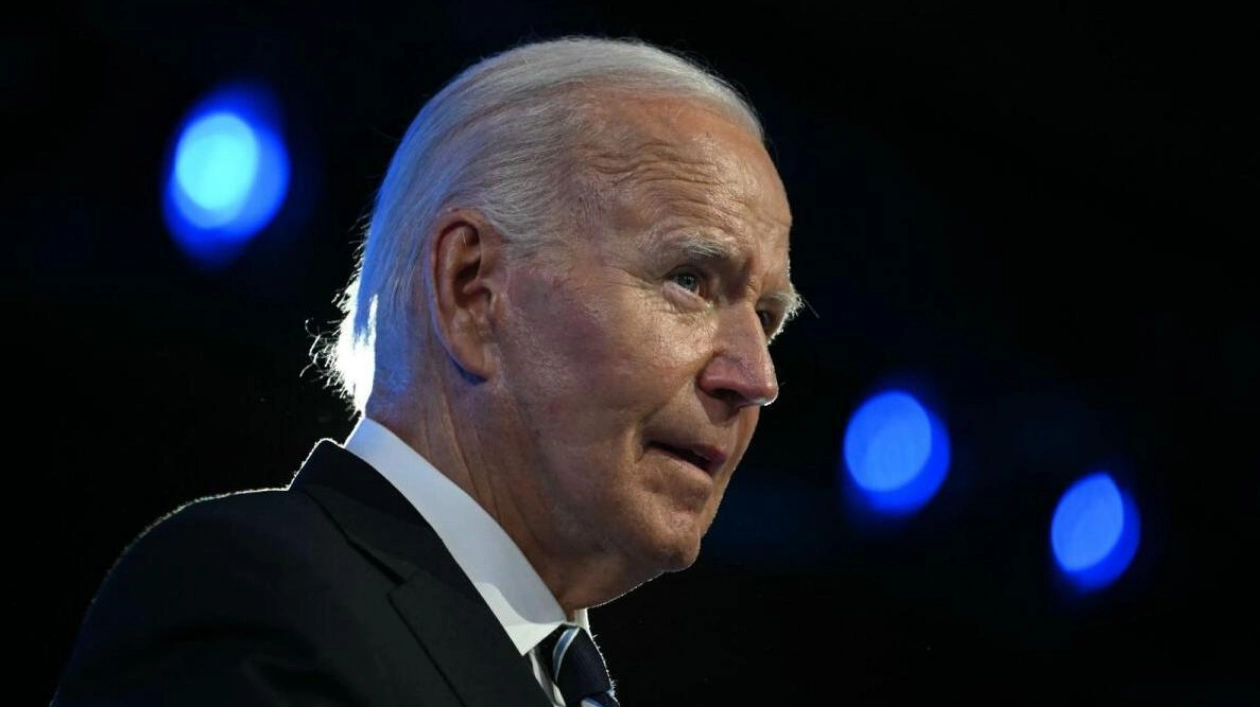For nearly a year, one of US President Joe Biden's top priorities has been to prevent the Gaza war from escalating into a full-blown regional conflict. Weeks ahead of an election — and just as Biden begins his farewell visit to the UN General Assembly — Israel is intensifying its attacks on Lebanon, resulting in hundreds of deaths and underscoring the ineffectiveness of Biden's warnings.
Biden, meeting with the leader of the United Arab Emirates on Monday, reiterated that his administration is still "working to de-escalate" the situation in coordination with international partners. A US official at the United Nations gathering mentioned that the Biden administration is proposing "concrete ideas" to offer an "off-ramp" to prevent further hostilities and facilitate a diplomatic resolution. However, events have rapidly spiraled out of US control.
Last week, when explosions targeted the Iranian-backed Hezbollah group in Lebanon, the United States denied prior knowledge of the operation, widely attributed to Israel, and called for calm. Instead, Israel escalated its attacks, claiming to have struck 1,000 Hezbollah sites in the past 24 hours. Lebanese authorities reported 492 fatalities, including 35 children.
Nearly a year after Hamas' unprecedented attack on Israel, which triggered its relentless assault on Gaza, Prime Minister Benjamin Netanyahu dismissed warnings about the risks of a regional war, stating that Israel's objective is to alter the "security balance" with Lebanon. This operation followed weeks of painstaking US-led diplomacy aimed at achieving a Gaza ceasefire, which failed due to Netanyahu's insistence on an Israeli troop presence on the Gaza-Egypt border and disagreements with Hamas over prisoner releases.
Michael Hanna, director of the US programme at the International Crisis Group, noted that US diplomats' efforts to maintain calm in Lebanon were contingent on reaching a Gaza ceasefire. The Gaza truce effort "appears to be at a dead end, and attempts to separate the two conflicts — reaching an agreement between Hezbollah and Israel while the war in Gaza continues — have also proven futile," he said.
Adding to the complexity is the US political calendar, with Biden's successor Kamala Harris engaged in a challenging race against Donald Trump ahead of the November 5 elections. While Biden and Harris would prefer to avoid an all-out war and the perception of chaos, few believe the US administration would take significant actions against Israel, given the domestic political risks, so close to the election.
James Jeffrey, a former US ambassador to Iraq and Turkey, who takes a tough stance against Iran, stated that US policymakers naturally advocate for ceasefires, but Netanyahu, like Ukrainian President Volodymyr Zelensky, is more focused on his country's security. "We are already in a regional war and have been for the past 20 years," said Jeffrey, now at the Wilson Center in Washington. "Iran is now being pushed back and has lost one of its major proxies at least for the moment — Hamas — and another, Hezbollah, is under pressure," he added. Netanyahu "has prioritized restoring deterrence and regaining military superiority over pleasing Washington and the international community," he said.
Biden has frequently expressed concern to Netanyahu about the humanitarian crisis in Gaza but has largely refrained from using the ultimate US leverage — withholding billions of dollars in US military aid to Israel. The Pentagon announced on Monday that the United States would deploy additional troops to the Middle East, a move interpreted by Israel as a sign of US commitment to its ally if the conflict escalates further.
Israel may also be emboldened by Washington's subdued responses to actions attributed to Israel, including the assassination of the Hamas political chief during a visit to Tehran in July. Iranian President Masoud Pezeshkian, attending the United Nations, accused Israel of seeking a broader conflict and stated that Tehran had exercised restraint due to assurances that a truce could be secured in Gaza.






